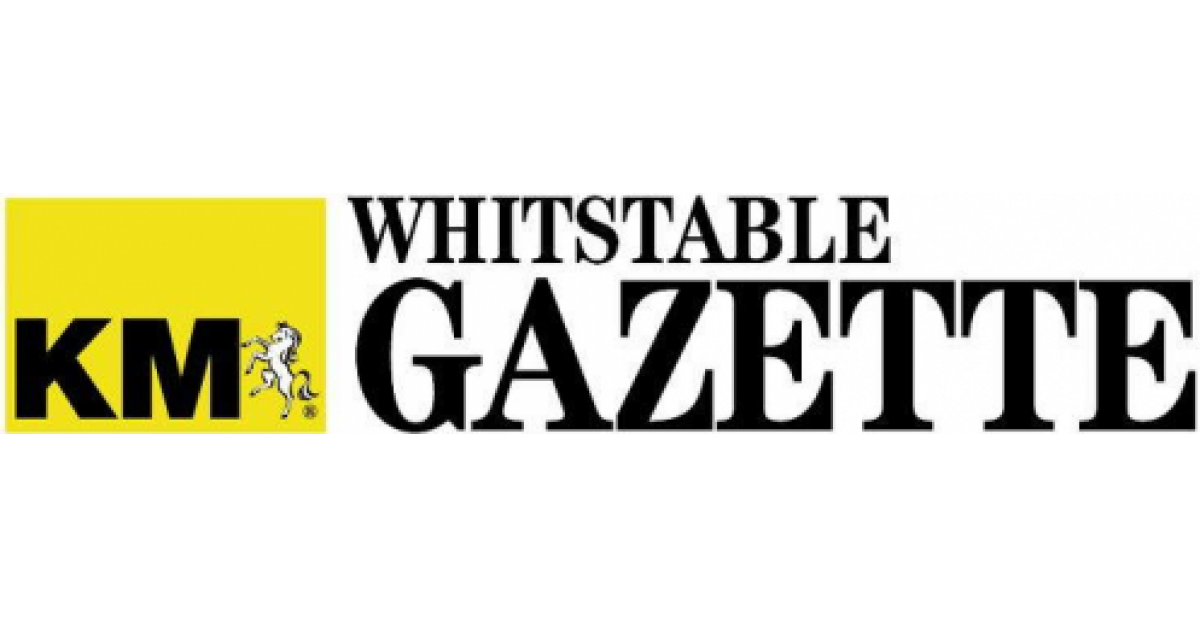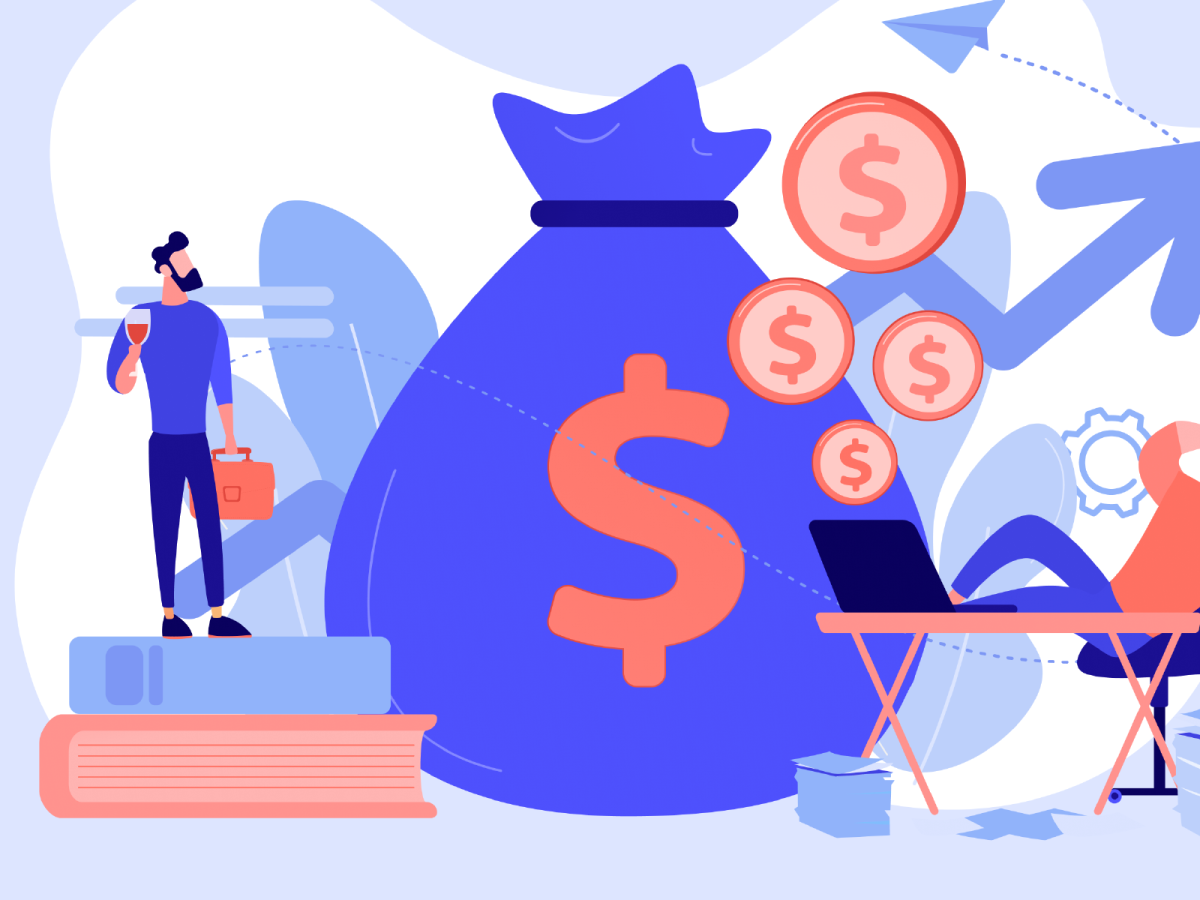What Mistakes Should Congress Learn From Before Drafting Another Payment Protection Program?

The Payment Protection Program, (or PPP), was designed by Congress to provide small business owners with economic relief during the Corona virus pandemic. It was also formed so businesses could keep their employees. The program has already run out of funds and many small business owners were left out in the cold. Some profitable companies ended up getting millions of dollars, even though they are million dollar companies.
Congress and Steve Mnuchin are in final negotiations for another round of stimulus money for small business owners. This is good news, but there should be major changes the second time around. Below are some of the issues that should be resolved to ensure that the smallest businesses get the funds they need to stay afloat and continue to prosper.
1. There should be a provision that explicitly states that funding should be expedited
If the purpose of the funding is to provide capital to small business owners in an urgent manner then why isn’t there a provision that states all funds should be expedited? The fact that the funding was provided through the SBA speaks volumes in its face, mainly because the average time it takes to close on an SBA loan is 30 days. Many business owners can't afford to wait 30 days for financing. What happens to them? The next funding bill should clearly state that all qualified small businesses should receive funds in a 24-72 hour period.
2. Funding should be sent directly from the Treasury Department with a predetermined priority list
The previous small business stimulus financing was distributed through the Small Business Administration and 3rd party lenders. This was a huge mistake for several reasons. First of all, most lenders require their borrowers to have fair to good credit and some require businesses to make a certain amount of income per month. These strict criteria kept many businesses from being able to qualify for funding from the program, leaving the smallest businesses behind.
When Congress structured the funding program to be administered through 3rd parties, they also left room for lenders to pick and choose the “winners” and “losers” of the pile of applications. A lender is obviously going to choose a multi-million dollar business with valuable assets over a small business that only makes only $5,000 per month. Congress defeated their purpose of helping small businesses when they gave power to banks and credit unions. They forgot the famous saying, "banks only lend to those that don't need it".
To fix this problem, Congress should distribute the funds directly through the Treasury Department. Steve Mnuchin should not be in charge of it and nowhere near it. The funding should be administered through a non-partisan committee that consists of experienced accountants. There should also be a priority list of businesses that should be funded, with the top businesses being the ones that make the least income and have the least number of employees. This will ensure that the mom & pop shops stay in business after this Corona-virus crisis.
3. The PPP should have been structured as a straight forward grant program
It’s baffling why Congress thought that it was a good idea to put small business owners into debt, especially since these owners don’t know when they will be back in business. Though the program does make the loans forgivable if businesses keep their employees, this can add pressure to people that may already be experiencing stress and panic. Companies that can’t or aren’t willing to keep their current employees will have to pay back the loan, leaving some business owners in more debt than when the Corona-virus crisis started.
Business owners are also taxpayers and should be able to get free assistance from the government the same way large corporations do. This is why the funding should have been structured as a grant program. An expedited grant program could have easily helped small business owners financially and could have economically improved the country over time. Many people should question why billion dollar companies typically get free assistance from the government more often than the smallest business owners.
4. The employee threshold should be less than 500 employees
I'm not sure why Congress thought of a company with 500 employees as a small business, but this is partly why there was a loophole that wealthy business owners were able to take advantage of. Business owners that could afford hundreds of employees are not the typical candidate that would need immediate funds from the government.
As I stated above, many profitable companies ended up getting funds from the PPP. For example, Junior’s Cheesecake, which is worth over $200 million and has 600+ employees, received a $5.5 million loan from the program. They received these funds even though they have over 100 more employees than the threshold allows. This should not have been the case and this business owner should be ordered to give the money back. Imagine how many small bakeries could have benefited from even a small piece of that $5 million. Instead, it went to a million-dollar company.
Two other examples are restaurant chain Ruth Chris, whose profits were $42 million in 2019 and Shake Shack, which made $24 million in 2019. Ruth Chris received $20 million from the program. For a company that made over $40 million in the last two years, one should wonder why the owner thought it necessary to even apply for funding. Shake Shack received $10 million even though they have 8,000 employees, which is past the 500 maximum criteria to qualify for the funding. Shake Shack has returned the funds due to a massive backlash.
When these business owners took this money, did they realize that they were literally taking money from smaller businesses that have a much urgent need for business capital? Do they understand that if smaller businesses collapse, the economy as a whole could diminish, making their profits suffer in the long run too? These companies should be ordered to give back this money or face tough penalties. The banks that provided these funds should be penalized as well.
Conclusion
It’s disappointing how many lawmakers are out of touch with small business owners. It seems that when these people get power, they forget about the “little man” and fail to realize that the smallest businesses are the foundation of our economy. Nobody can build a steady house without a strong foundation. So if the foundation crumbles, how will we be able to build the house (a.k.a., the economy)?
© 2020 Melissa Pitts








